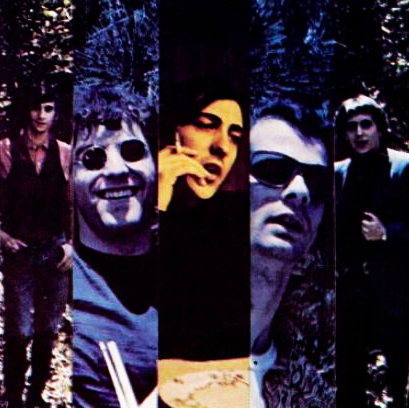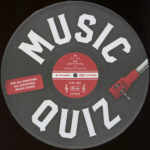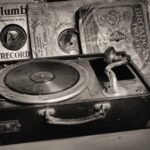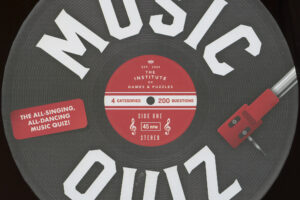The Blues Project had a short run of two years, from 1965 to 1967. The band’s Wikipedia profile identifies them as “one of the most artful practitioners of pop music” and said that the band was influenced by just about everything: Folk, blues, rhythm & blues, jazz and pop.
The band members were from the New York City area and were heavily influenced by the Greenwich Village scene. Indeed, The Blue Project, as much as any band, seemed to represent the great outpouring of creativity and genre-defying that characterized the best of the decade’s music.

Guitarist Danny Kalb got the ball rolling. He was paid $75 to contribute two songs to an Elektra Records album that featured white acoustic guitarists playing music in style of black musicians. The name of that album was “The Blues Project.”
Kalb switched to electric guitar and formed the Danny Kalb Quartet in 1965. The lineup was Artie Traum on rhythm guitar, Andy Kulberg on bass and Roy Blumenfeld on drums. Traum soon was replaced by Steve Katz. Katz and Kalb had been pupils of Dave Van Ronk.
Singer Tommy Flanders and Al Kooper, a studio musician, joined the group. The band changed its name to The Blue Project and was signed by Verve Records after Columbia Records declined to do so.
The first album was “Live at the Café Au Go Go,” which was recorded in November of 1965 and January of 1966. The Blues Project’s highpoint was the next album, “Projections.” It was a mix of genres that was highlighted, according to Wikipedia, by an almost 12 minute version of Muddy Waters’ “Two Trains Running” and “Flute Thing,” which is an instrumental written by Kooper that featured Kulberg on flute.
It seems to have been downhill from that point. Rock was a chaotic thing, and tracing the changes and downward spiral of a particular band isn’t fun. Musicians gradually left. A 1968 album called “Planned Obsolescence” featured only Blumenfeld and Kulberg but used the band’s name at Verve’s insistence. The two subsequently recorded as Seatrain. Kooper and Katz formed Blood, Sweat and Tears.
Ultimate Classic Rock posted an interview with Kooper, Kalb, Katz and Blumenfeld to commemorate the fiftieth anniversary of the album’s release. The piece discusses the songs individually. What comes through is that the band really hated Verve.
The importance of the band is suggested by the fact that novelist and short story writer TJ Boyle wrote a nice reminiscence for The Wall Street Journal.
There isn’t a lot of video available of the band. Above is “Steve’s Song” and below is “Wake Me, Shake Me.”

















Recent Comments